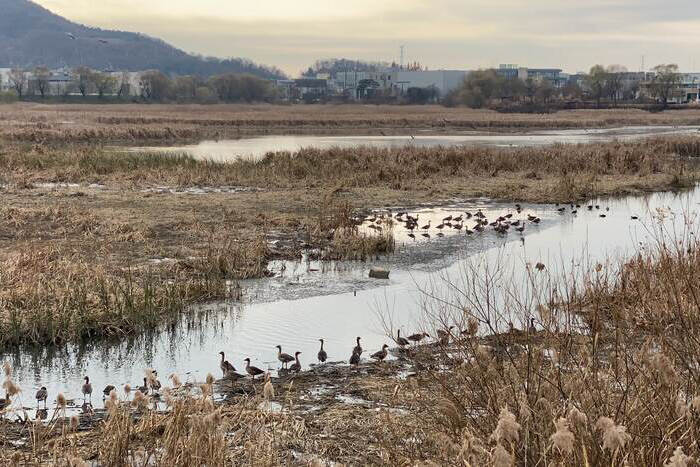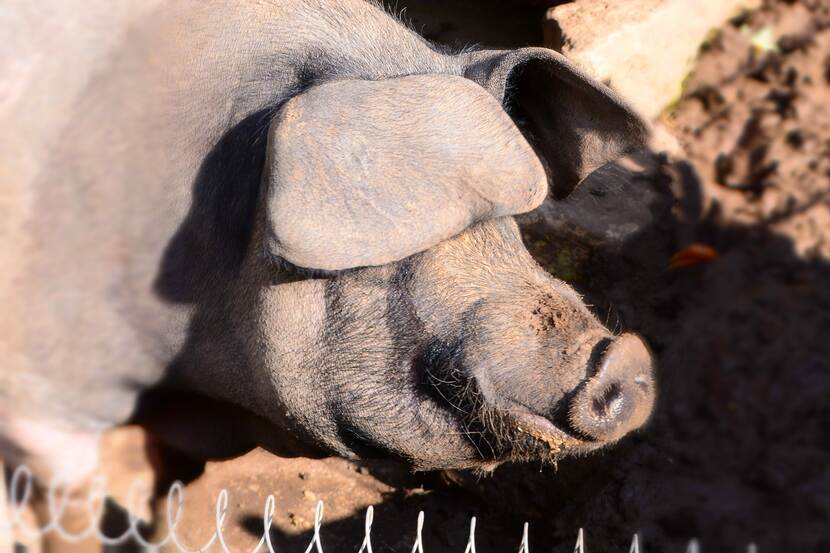Korean farms fight dual virus outbreaks in birds and pigs
On top of the national fight against COVID-19, this winter South Korea is battling against dual animal virus outbreaks - the Highly Pathogenic Avian Influenza and African Swine Fever.

On 28 November 2020, South Korea raised its alert for bird flu to the highest level of “serious” after a highly pathogenic bird flu virus strain (H5N8) was found at a duck farm in Jeongeup, North Jeolla Province. It was the first outbreak of HAPI among farmed poultry in 32 months.
Starting 28 November 2020, South Korea has reported 18 HPAI cases from poultry farms. The virus has especially spread at a faster pace in Jeolla Province.
Intertwined with the bird migration season, the Korean government fears these outbreaks will be developed as another mass bird flu outbreak in the country. The last outbreak, which spanned from November 2017 to February 2018, resulted in the deaths of 6.54 million chickens, ducks and quails.
The mass culling and public fears then seriously disrupted demand for and supplies of poultry products like chicken and eggs. Korea therefore had to import eggs from foreign countries to meet the demand for “safer” eggs and stabilize egg prices. The Netherlands was also requested to start exporting table eggs and processed egg products into Korea.
While bird flu cases have been discovered in Korea since then, all the cases were found to involve less severe strains. The first highly pathogenic case in wild birds was reported on 25 October 2020 in Cheonan, South Chungcheong Province.
Korean government has strengthened disinfection efforts in migratory bird territories while enforcing stricter virus control measures at poultry farms. Free-range farming has been banned for poultry, and live chicks and ducks are restricted from sale at all traditional markets in the country.
Local pig farms are also dealing with virus concerns as they continue their battle against African Swine Fever, which began in September 2019.
On 24 November 2020, Gyeonggi Province allowed pig farmers to put pigs back in their barns as no additional African swine fever cases have been discovered since 9 October 2019. A total of nine cases have been found in the province since the first discovery on 19 September 2019, and a total of 347,917 pigs from 207 pig farms were culled.
Yet the problem remains, as African swine fever continues to be found in wild boars. Korea has discovered over 800 swine fever cases in wild boars to date, and the Korean ministry of environment has killed more than 80 percent of the wild boars in Korea since October 2019.
The winter season has been called dangerous in the fight against African swine fever, as wild boars are traveling in search of food ahead of mating season. Their increased movement could cause more swine fever in farmed pigs.
To prevent additional cases from reaching pig farms, The Korean ministry of environment has been installing more fences to prevent wild boars from entering from North Korea, while carrying out disinfection measures in hazardous areas.
Source: The Korea Herald
Wild geese and boar

